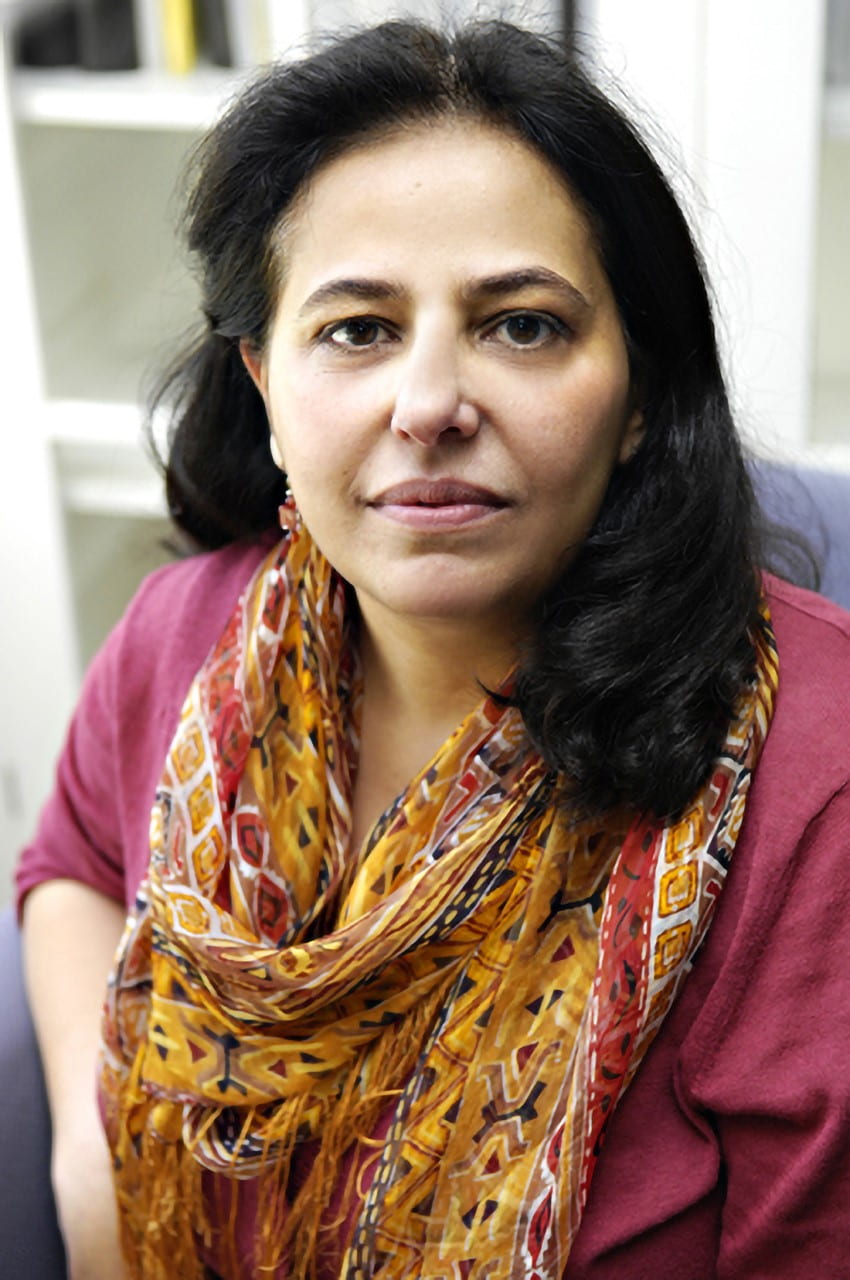
Q: What was your inspiration for The Measure of Distance?
Pauline: I’ve always wanted to write a novel about the immigration of a family from Egypt to the U.S. I knew that I would draw on my own family’s experience of immigrating for the novel, but I didn’t know exactly how to bring those elements into a fictional narrative. When I went to Egypt in 2010, I talked to my family about how they felt about those who immigrated. I think that’s when I realized that this novel would not only be about those who immigrated but also about those who chose to stay in Egypt–that one part of the story could not be told without the other.
Q: What is The Measure of Distance about?
Pauline: Initially, I thought the novel would focus on two generations beginning around 1967 and moving to the next generation. As I started writing, I found myself going further back in time. It was impossible to write about a character without considering their parents and the history they carried with them. That’s when I realized that the family’s immigration did not begin with that trip across the ocean but with the move from rural to urban, with those who migrated from the villages in Upper Egypt to the city of Cairo. The novel came to encompass four generations and multiple family members as they move their lives from one place to the next. It grew in a way I had not initially anticipated, but I knew that to tell the story of any of these individual characters, I had to show how who they are and how their actions were connected to those who came before them.
Q: What were you reading when you wrote The Measure of Distance?
Pauline: I struggled with the structure of this novel—how to tell the stories of so many characters in a single book. I come from a communal culture, and I wanted to reflect that in the novel. Reading Homegoing by Yaa Gyasi helped me to figure out a way to structure my own novel.In her novel, Gyasi succeeds in telling the story of multiple generations moving across time and geographies while still keeping us engaged in each character’s story. Her novel provided a model that I could use for my own book.
Q: And what are you reading now?
Pauline: I’m always reading Arab American books—most recently Country of Origin by Dalia Azim and Diana Abu Jaber’s second memoir, Life Without a Recipe. And I read widely in multicultural and immigrant literature. Two of my favorites are Everything I Never Told You by Celeste Ng and Behold the Dreamers by Imbolo Mbue.
Pauline Kaldas is the author of Looking Both Ways, The Time between Places, Letters from Cairo, and Egyptian Compass. The coeditor of two anthologies of Arab American literature, Dinarzad’s Children and Beyond Memory, she is professor of English and creative writing at Hollins University. The Measure of Distance: An Immigrant Novel is now available.
